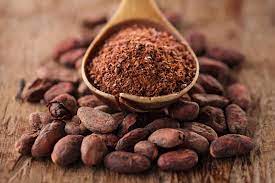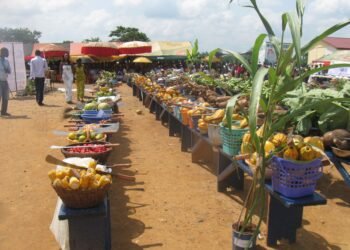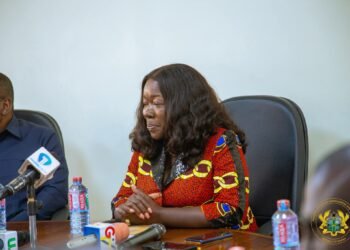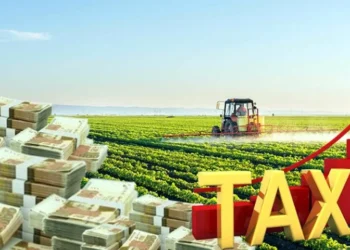Nestlé has indicated making progress against ending deforestation and the destruction of other natural habitats within the cocoa supply chain in Ghana and Ivory Coast.
In a new report released by Nestlé, replanting measures have been highlighted as a key priority as part of its 2025 Cocoa Plan. That said, the report also underscored Nestlé going the length of only buying deforestation free Cocoa to firm up this plan.
Alexander Von Maillot, The Global Head for Confectionery and Ice Cream Strategic Business Unit, Nestlé remarked that:
“Cocoa grown illegally in protected areas has no place in our supply chains. We are continuing our efforts to stop deforestation and the destruction of other natural habitats within our agricultural commodity supply chains, including those where cocoa is grown and harvested.
“We’ve committed to ensure that all the cocoa we buy is deforestation free by the end of 2025, and more ambitiously the cocoa for Europe by end of 2022.”
Alexander Von Maillot, The Global Head for Confectionery and Ice Cream Strategic Business Unit, Nestlé
Mighty Earth, a campaign organization against deforestation, in a recent survey found that pollsters believe supermarkets should not do business with deforesters. The Organization recently noted that deforestation for the region has increased significantly in the past two decades.
As such, cocoa farming was identified as the key element of deforestation. Additionally, a study confirmed that Ivory Coast lost 25% and Ghana 8% of their respective primary forest between 2002-2019. Thus, affirming the need for urgency in approach.
Over the past three years, Nestlé has been working with the region, with its suppliers, partners and the cocoa farming communities to scale up its actions.
Despite the growing effects of the pandemic, which has further impacted certain activities such as mapping the farmers’ lands, farmers’ training, and cookstoves distribution, Nestlé made good progress last year.
Nestlé efforts towards reducing deforestation in these regions
Considering the major achievements, Nestlé mapped out 85% of the farm boundaries of the 110 000 Nestlé Cocoa Plan farmers in Ghana and Ivory Coast. Likewise, Nestlé distributed over 1.25 million native forest and local fruit trees to make farms more climate-resilient and to diversify farmers’ incomes.
The company has also distributed over two million high-yielding cocoa trees in Ghana to restore cocoa-growing farms and boost productivity; and helped more than 10 000 people benefiting from financial support through village saving loan associations in the two West African nations.
Furthermore, other measures include delivering over 1,000 more efficient and less polluting cookstoves to reduce pressure on forests and help improve family health in Ivory Coast; and engaging over 4 900 individuals in income-generating projects in Ivory Coast during 2020. Also, the Company is training for 10,000 farmers on the importance of forest protection and best agricultural practices.
As the company added, it recognised that for a lasting and meaningful impact, in addition to addressing deforestation linked to cocoa, it needs to conserve and restore forests actively while promoting sustainable livelihoods and respecting human rights.
Overall, these initiatives contribute to Nestlé’s climate actions to achieve net-zero greenhouse gas emissions by 2050 at the latest.
And as part of this effort, Nestlé is deploying nature-based solutions, like forest conservation and restoration, to absorb more carbon, improve soil health, and enhance biodiversity.
READ ALSO: Perseus Mining commits US$1.9 million in Community investment in 2020























